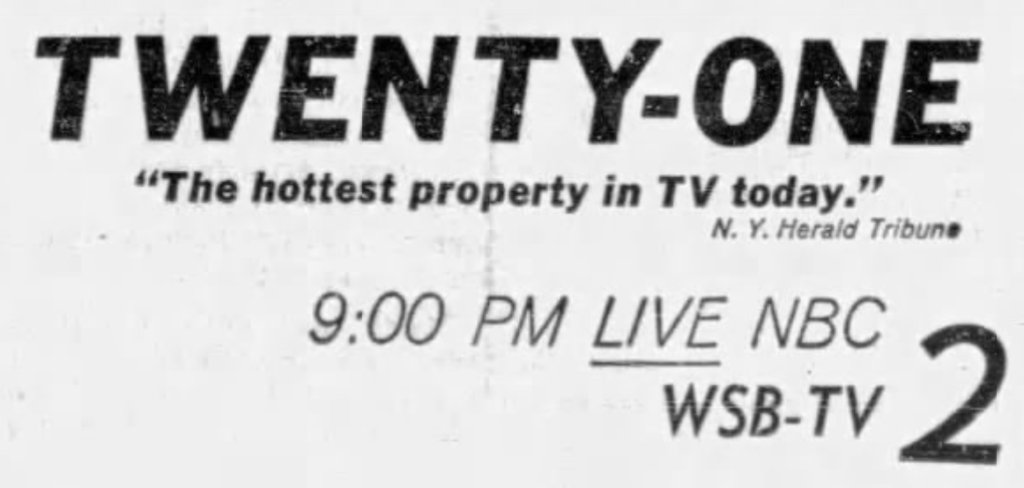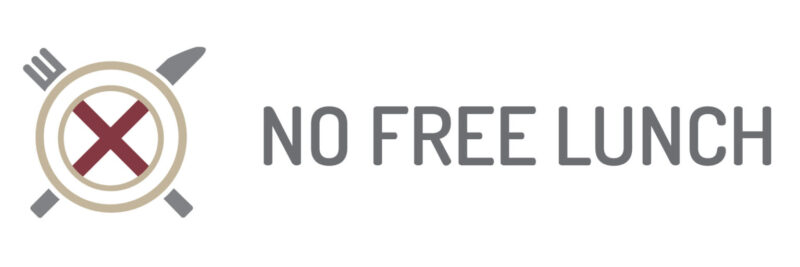With big money as the common denominator, TV game shows are popular with audiences, advertisers and production companies alike. But money inevitably inspires mischief, so here are the greatest game show scandals, cheats and hustlers.

It’s incredible to think that the game show is almost 100 years old. The first live game show, Spelling Bee, was aired on UK radio in March 1938 with a format that wouldn’t be out of place today. Contestants competing under time pressure to correctly spell a series of words.
Spelling Bee inspired variant game show formats that migrated to television, entertaining audiences but lacking drama and tension because a key ingredient was missing – big prizes.
That all changed on June 7th 1955, with the debut of the $64,000 Question on CBS. The format saw contestants answer 11 increasingly difficult questions to hit the Jackpot, the hardest drawn from a collection kept in a bank vault. What could be more trustworthy?

By July 1956, the $64,000 Question and its spin-off, $64,000 Challenge, were the No.1 and 2 rated network shows, and in September of that year, the hugely popular Twenty One debuted on NBC, with unlimited money on offer.
A game show bonanza ensued; by 1958, there were 78 hours of Game Shows scheduled across just three main networks and $24 million of prize money on offer. What the transfixed audiences didn’t realise was that the game shows were fixed.
The Great Game Show Scandal
It took a few months for the $64,000 Question to hit its stride, with early contestants lacking knowledge and charisma. Under pressure from sponsors, Geritol, to ensure a more dramatic outcome, the show began handpicking the most telegenic contestants, coaching their behaviour and providing answers.
This approach became an open secret within the game show industry; here’s how the great game show scandal inevitably leaked out:
- December 5th, 1956 – Herbert Stempel, with an IQ of 170, is defeated on the $64,000 Question by Charles Van Doren. Stempel leaves with $49,500. Van Doren keeps winning.
- March 11th, 1957 – Eflrida Von Nardoff finally stops Van Doren’s run 14-week streak, but not before the suave intellectual has won $129,000 – $ 1.8 million in today’s money. He would later feature on the cover of Time magazine and earn a $50k a-year gig as ‘consultant’ for NBC. His brother, John, would go on to win $80k on another quiz show called High Low.
- May 1958 – Edward Hilgemeier, a standby contestant for the fringe game show Dotto, notices champion Marie Winn, referencing a notebook before heading on stage. Hilgemeier discovers the notebook contains answers to the questions Winn would face, and along with the losing contestant, confronts the producers; both receive $1,500 hush money.
- August 1958 – Hilgemeier sends the fix claims in an affidavit to the Federal Communications Committee. With no jurisdiction, the FCC handed the detail to the New York District Attorney, Frank Hogan and alerted the show’s sponsors, Colgate.
- Colgate sends in private investigators posing as contestants to confirm the claims. Dotto becomes the first domino to fall in the game show scandal.
- Claims Hempel had made in 1957 are printed in the New York Journal-American, and Frank Hogan, responding to growing outrage, convenes a grand jury. Over nine months, Hogan is stonewalled by 150 witnesses who perjure themselves, unwilling to lose their reputations and admit the truth.
- August 1959 – The House Subcommittee on Legislative Oversight begins its enquiry into game shows, with the press in attendance.
- November 2nd 1959 – Charles Van Doren finally admits his guilt “I was deeply involved in a deception”. He explains how he was coached to answer questions and build suspense by pausing and hesitating at key moments.
If you’re interested to know more about the US game show scandal, watch Clint Eastwood’s excellent 1994 film “Quiz Show”.
Charles Ingram & the Who Wants to Be a Millionaire coughing scam
One of the most infamous examples of a contestant cheating a game show happened on an episode of the hugely popular UK show “Who Wants To Be A Millionaire?” on September 21st, 2001.
How Who Wants To Be A Millionaire Worked
Commonly referred to as just “Millionaire” prospective contestants in the UK called a premium line to answer an automated question from which lucky 10 applicants were chosen for each round of the live show.
The group answered a single question on a touchscreen with the fastest correct response qualifying for the main show component, 15 multiple-choice questions with ascending money prizes for correct answers, all the way up to £1million.
Contestants were given three lifelines – question assists – which at the time of this incident were:
- Phone a friend
- 50/50 – Reducing the possible answers to just two
- Ask the audience
How Charles Ingram cheated his way to the £1million prize
Army Major Charles Ingram became only the third person to win £1million in the UK shows’ history but never cashed the cheque as he had an accomplice standing just 10 feet away.
Tecwen Whittock, a self-confessed ‘quiz show anorak’ was in the pool fastest finger hopefuls. On 19 occasions as Ingram read questions aloud, Whittock audibly coughed at the correct response. Here’s how the rouse was concocted:
- Ingram was a quiz fanatic; His wife & her brother were both former contestants.
- Ingram used a make-shift system to practice ‘fastest finger on the buzzer’ at home.
- Ingram spent thousands to get selected from the hotline callers
- Detectives believe plan A was to use four pagers planted on Ingram’s body relating to each potential answer, but alleged that that idea was dropped as being too risky.
- Ingram made it to £1,000 using up two lifelines before filming ended on day one.
- When the next set of fastest finger contestants was announced, including Whittock, it’s believed that the coughing plan was hatched.
- Whittock coughed six times on the correct answer to the £1million question.
The Celador production team became suspicious of the subdued behaviour of the Ingrams after the win. After reviewing the footage, they noticed the coughing and where it was coming from, contacting the police.
How Michael Larson Hustled Press Your Luck
If you’ve read this far and feel disillusioned by game shows fixing outcomes or contestants cheating, we can end with the story of a man who simply used his smarts to outwit a lazy game show set-up.
Michael Larson, an ice cream truck driver from Ohio, didn’t cheat, he was clever enough to realise ‘Press Your Luck’ wasn’t as random as its name suggests.
Over a long winter, he learned the pre-programmed patterns of the game board and, after managing to impress the game show producers enough to get on the show, won the equivalent of $339,816 valued in 2023.
The story is so epic, that we’ve dedicated a whole article to how Michael Larson hustled Press Your Luck.
References
The Monitor, 09 Nov 1959
St. Louis Post-Dispatch, 08 Nov 1959
The Buffalo News, 17 Apr 1957
The Tampa Times, 02 Sep 1958
The Memphis Press-Scimitar, 27 Aug 1958
Evening Standard, 25 Mar 2003
The Independent, April 8th, 2003
Hollywood Reporter May 31st 2020
No Free Lunch
There is no such thing as a free lunch, but if you’re hungry to find out why, we’re here to help.
You can learn the meaning and origin of the no free lunch concept, as well as the broader philosophy behind the idea that nothing can ever be regarded as free.
We look at our relationship with money and truth, examining all of the supposed shortcuts, life hacks and get-rich-quick schemes.
